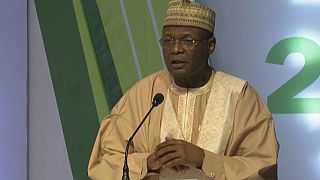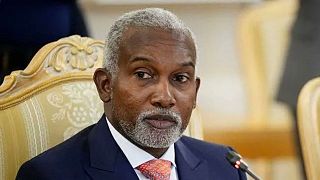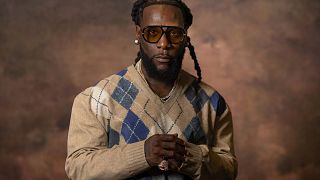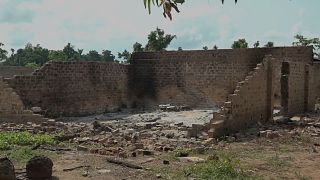Nigeria
Nigerians are facing severe economic hardship ahead of Saturday's presidential election in Africa's most populous country, with double-digit inflation, low wages, cash and fuel shortages.
The economic recovery of the English-speaking giant, a country of 215 million people, will be one of the major issues at stake in the election.
Inflation is approaching 22%, and the national currency, the naira, is constantly plummeting against the dollar - currently 750 naira to the dollar on the black market, compared to 200 in 2015.
To make matters worse, the country is facing a severe cash shortage due to a recent central bank reform, which gave Nigerians three months to return all their old notes, without putting the equivalent in new denominations back into circulation.
For weeks, the population has been struggling day and night to find cash. Long queues have formed outside banks and bureaux de change, and many have closed, unable to meet the demand. In several major cities, from Lagos (south-west) to Benin City (south) to Kano (north), widespread exasperation led to riots.
Although the country has returned to positive growth, at 3% last year, the recovery has not improved the living conditions of the majority. Unemployment is around 33% nationally - and as high as 43% among young people.
The front-runners for the presidency, two former governors and a former vice-president, all claim long experience in politics and business skills to give their voters hope for a better future.











01:30
Nigerian singer Tems launches Leading Vibe Initiative to support women in music
Go to video
Protesters gather in Ivory Coast, demand Thiam's return on electoral list
01:31
Nigerians struggle to afford rams for Eid celebrations as inflation soars
01:00
Ivory Coast: opposition candidates barred from electoral lists
01:05
Nigeria ruling party endorses Tinubu for 2027 election
Go to video
Nigeria completes $3.4 Billion IMF COVID-19 loan repayment, faces ongoing annual charges